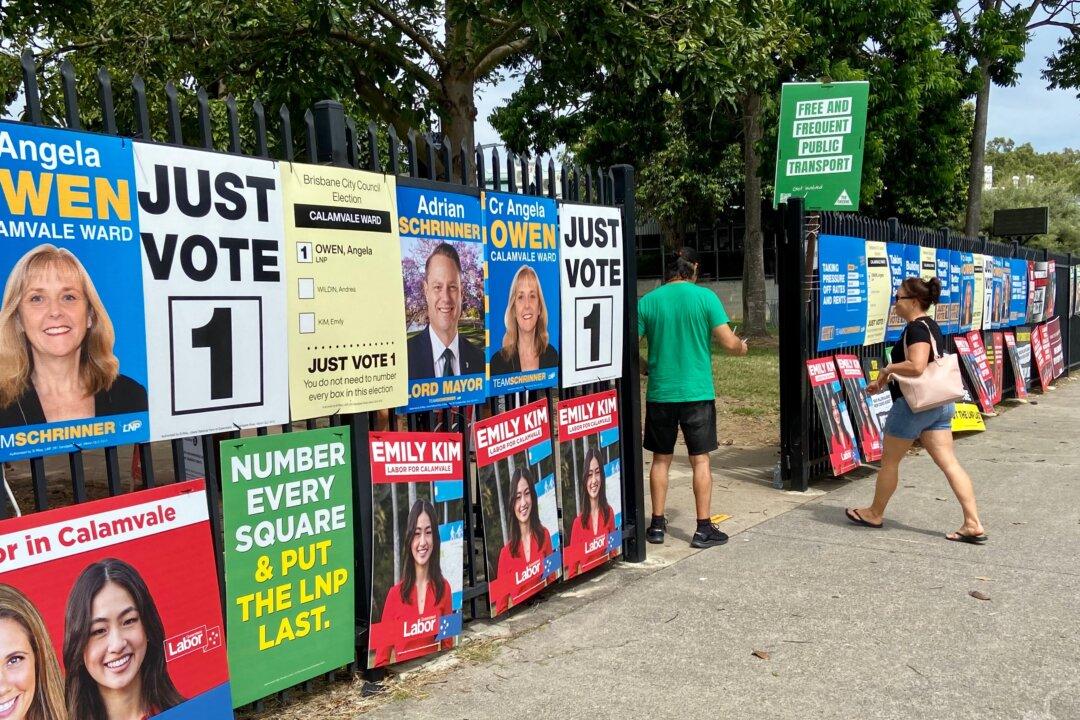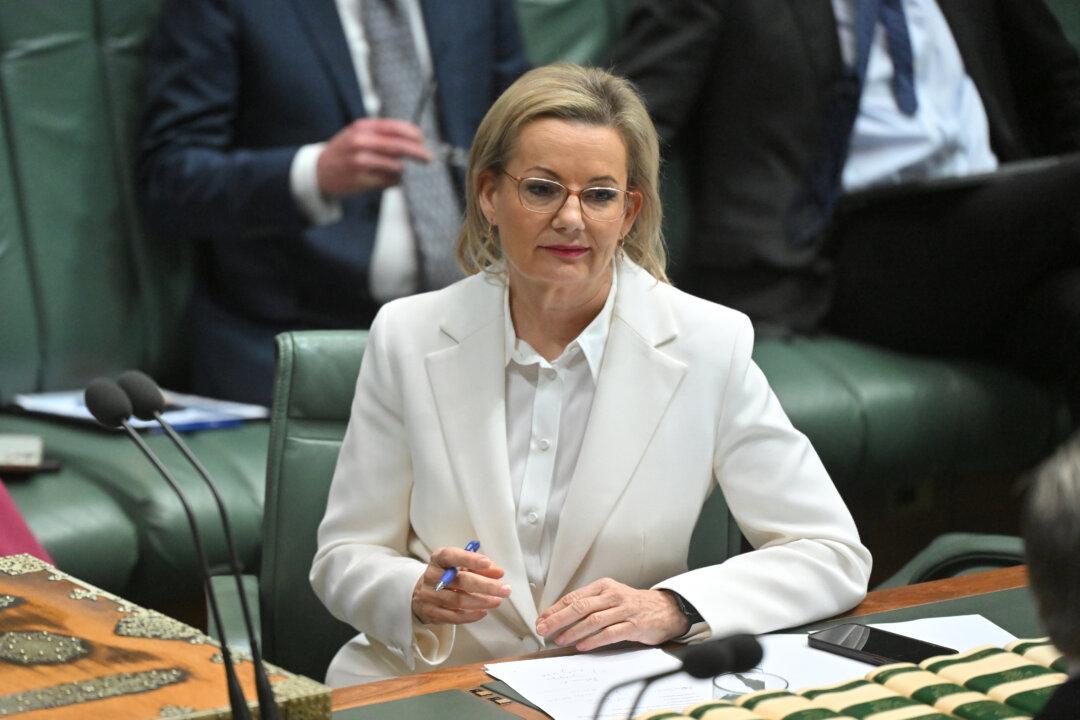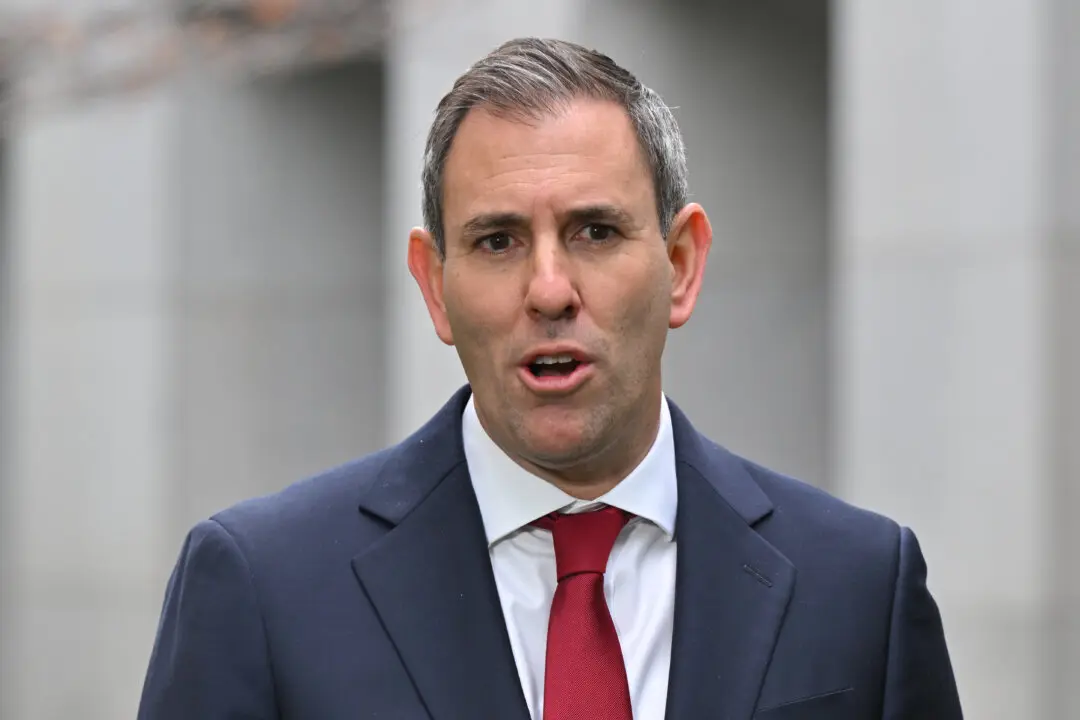The Electoral Reform Bill is now law. In a significant turn of events, Labor reached an eleventh-hour agreement with the Coalition to pass the bill in the Senate late on Feb. 12, followed by approval with amendments in the House of Representatives early on Feb. 13.
This marks the first time Australia has imposed both fundraising and spending limits at the federal level.





